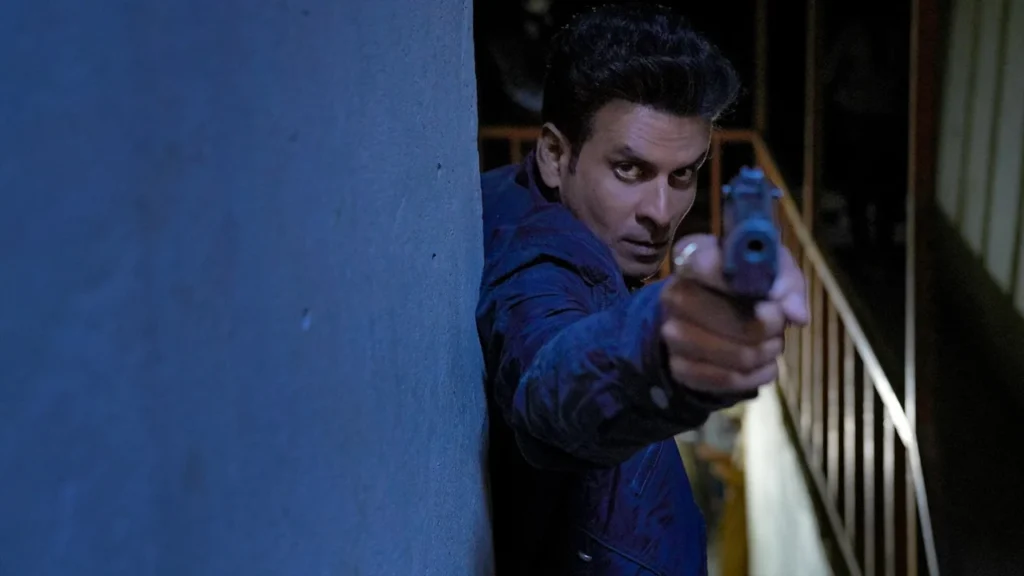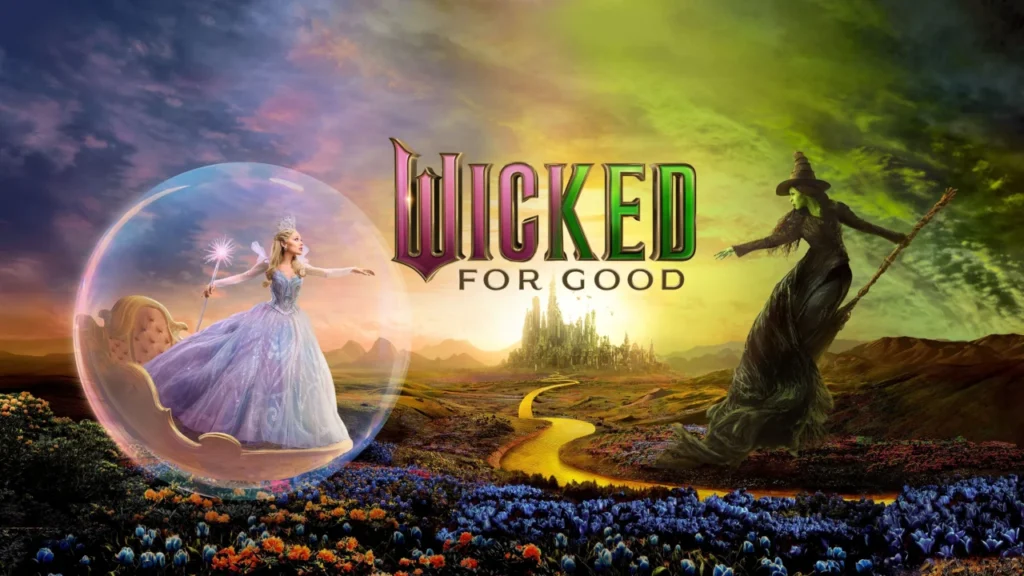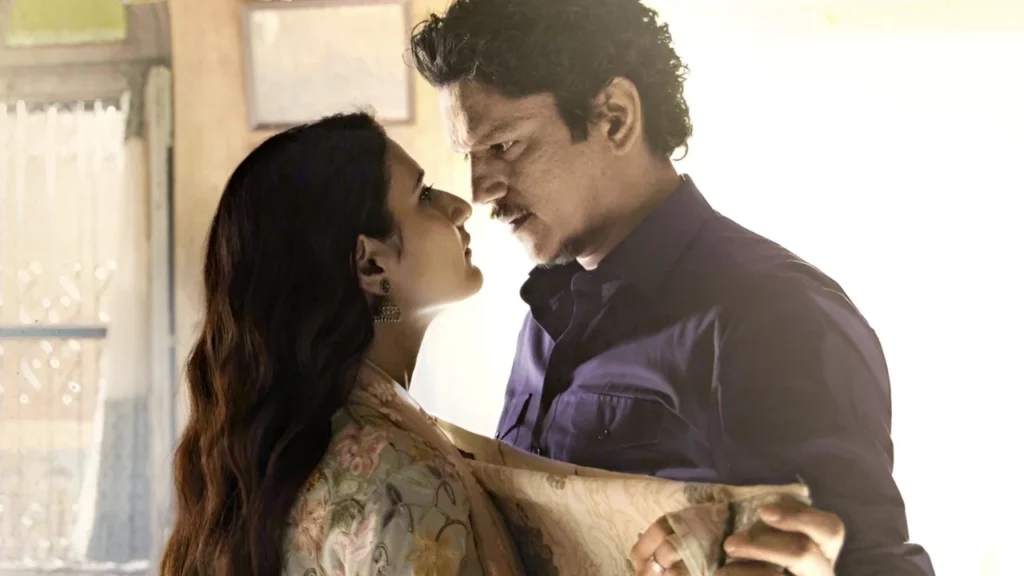
I Still Believe (2020) REVIEW: Britt Robertson’s Performance Saves This Faith-Based Tearjerker
I Still Believe came out in 2020, right before the world shut down. It’s a Christian love story about musician Jeremy Camp and his first wife Melissa. K.J. Apa plays Jeremy, while Britt Robertson takes on Melissa’s role. Nathan Parsons, Gary Sinise, and Shania Twain round out the main cast in this Lionsgate release.
The film walks through Jeremy’s college years in California, where he meets Melissa at a Christian band concert. Their connection is instant, but life has other plans. What starts as a sweet romance becomes a story about facing loss and holding onto faith when everything falls apart.

How the Story Plays Out
Jeremy arrives at Bible college in 1999, fresh from Indiana with big dreams. He befriends Jean-Luc, a Christian singer who gives him advice on making it in music. That same night, he spots Melissa in the crowd. The two hit it off immediately, though Jean-Luc has feelings for her too.
Their relationship develops quickly, creating awkwardness with Jean-Luc. Melissa breaks things off with Jeremy, who heads home feeling defeated. Then comes the phone call that changes everything. Melissa has ovarian cancer, and she’s asking for him.
What follows shows their choice to marry despite her diagnosis. The film doesn’t sugarcoat what cancer does to a young couple. There are hospital scenes, difficult conversations, and moments where faith feels like the only thing holding them together. Some scenes hit hard, especially when you remember this really happened.

The Actors Make the Difference
K.J. Apa brings a warmth to Jeremy that works well. Coming from Riverdale, he could’ve played this too slick, but he doesn’t. The fact that he sang all the songs himself matters. You can hear the emotion in his voice during the musical performances, which grounds the character.
Britt Robertson really impressed me as Melissa. She doesn’t play the “dying girl” stereotype. Instead, Robertson gives Melissa a spark, even in her worst moments. She laughs, gets frustrated, shows fear, and maintains dignity. That’s not easy to pull off without seeming fake or overly brave.
Gary Sinise shows up in a handful of scenes as Jeremy’s dad. There’s one moment between father and son late in the film that absolutely wrecked me. Sinise brings weight to every line. Shania Twain does fine as the mother, though her screen time is limited. Nathan Parsons handles the tricky role of Jean-Luc well, making him sympathetic rather than just the guy who didn’t get the girl.

What Actually Works Here
The film handles faith better than most religious movies. It doesn’t lecture or force Bible verses into every scene. The spiritual elements fit naturally into conversations. These characters believe in God, but they also question why this is happening. That honesty makes it work.
The music serves the story. Apa’s performances of Camp’s songs like “This Man” and “I Still Believe” carry real emotion. Music becomes Jeremy’s way of processing grief, which makes sense for a musician. The soundtrack released by Capitol Records includes both Apa’s versions and Camp’s original recordings.
Production quality stands out. Many faith-based films look cheap or rushed. This one doesn’t. The California setting looks beautiful, the lighting enhances rather than distracts, and the camera work feels professional throughout. Watching it in IMAX must have been something special.
The emotional moments land without feeling manipulative. I cried during this movie, and I’m not someone who cries easily. The filmmakers trusted the true story enough to let it breathe without overdoing the sad music or slow-motion tears.
Where Things Get Rough
The pacing drags in the middle section. At nearly two hours, some scenes could’ve been trimmed. There are stretches where not much happens, and I found my attention wandering. Better editing would’ve helped keep momentum.
The dialogue leans on clichés too often. Characters talk about stars, destiny, and God’s plan in ways that sound scripted rather than natural. Real people going through tragedy don’t always speak in poetic metaphors. More grounded conversations would’ve felt more authentic.
Time jumps confuse the timeline. Events that should take months or years seem to happen in weeks. I had to piece together how much time passed between scenes, which pulled me out of the story. Clearer markers would’ve helped track Melissa’s illness and Jeremy’s growing music career.
Supporting characters barely register. We learn almost nothing about Melissa’s family beyond surface details. Jeremy’s siblings appear briefly. Jean-Luc disappears for long stretches. More development of the people around Jeremy and Melissa would’ve added depth to their journey.
How Critics and Viewers Responded
Metacritic scored it 41 out of 100, reflecting mixed critical reaction. CinemaScore audiences gave it an “A” though, showing a big gap between reviewers and regular viewers. On Rotten Tomatoes, critics rated it 49% fresh while audiences pushed it to 99%, one of the biggest divides I’ve seen.
IMDb settled at 6.5/10 from 15,000 users. Critics acknowledged the performances but found the story predictable. Many pointed out the melodramatic moments and slow pacing. Some called it a dressed-up TV movie.
Viewer reactions split cleanly. Christian audiences loved it, with many saying it changed their perspective on faith and suffering. Several wrote that they cried throughout. Non-religious viewers found it slow and too predictable, though they often praised Robertson’s performance specifically.
My Final Take on It
I Still Believe works primarily for people who want a faith-based love story. Britt Robertson’s performance lifts the entire film. Her chemistry with K.J. Apa feels real, which matters when you’re asking audiences to invest in a doomed romance. Their connection carries scenes that might otherwise fall flat.
The predictable structure holds it back though. Anyone who’s seen these types of films knows where this is going. The pacing issues don’t help, and too many familiar tropes pop up. The true story behind the film packs emotional punch, but the filmmaking doesn’t always serve it well.
For those who share the Christian faith or know Jeremy Camp’s music, this film delivers a moving tribute. For everyone else, it’s a decent tearjerker with strong lead performances that occasionally drags. The story deserved to be told, even if the execution isn’t perfect.
Rating: 3.5/5










